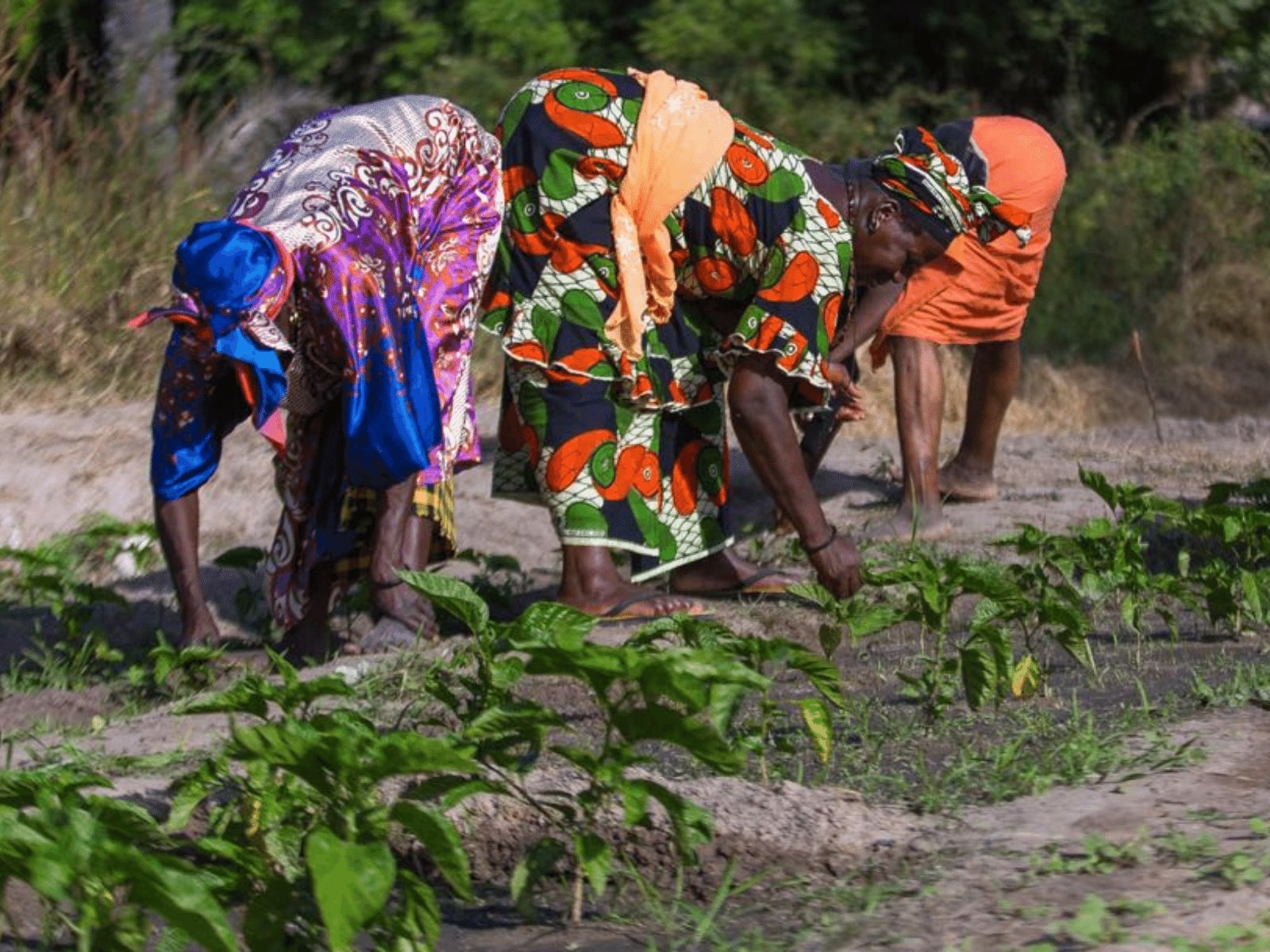Green Territorial Economy, Collective and Sustainable, Food Self-sufficiency and its Governance

The world today is facing several challenges, foremost among which are the climate, energy, food, health and financial crises. These complex crises place us in an alternative that offers little choice but responsible and collective action for an economy of well-being and social justice, while significantly reducing environmental risks and ecological shortages.
Thus, the challenge of a green economy being to improve the standard of living without further altering the degradation of the environment, it is existential to ask: how to reconcile the fight against poverty and the protection of the environment? How to reconcile a society of overproduction and consumption with hunger? How to make trade, green economy and sustainable development cohabit? How can we design a “green” economic project that can reach a consensus between developing countries, emerging countries and developed countries, and within SSE and civil society actors? In the absence of “global governance”, how can we ensure the general interest of a green economy, the self-sufficiency of communities and the preservation of the planet? What institutional mechanisms would allow us to finally move to an operational phase of the transition to a green economy?
Sessions
- Agroecological systems
- Food security and sovereignty Governance of the green economy, community self-sufficiency and environmental preservation

